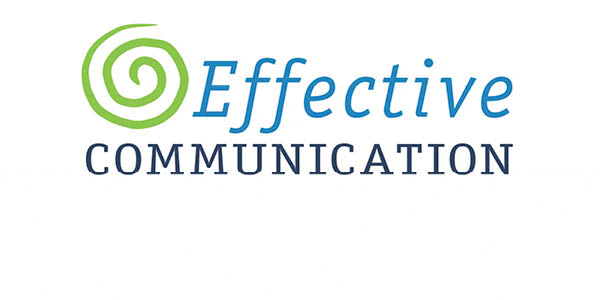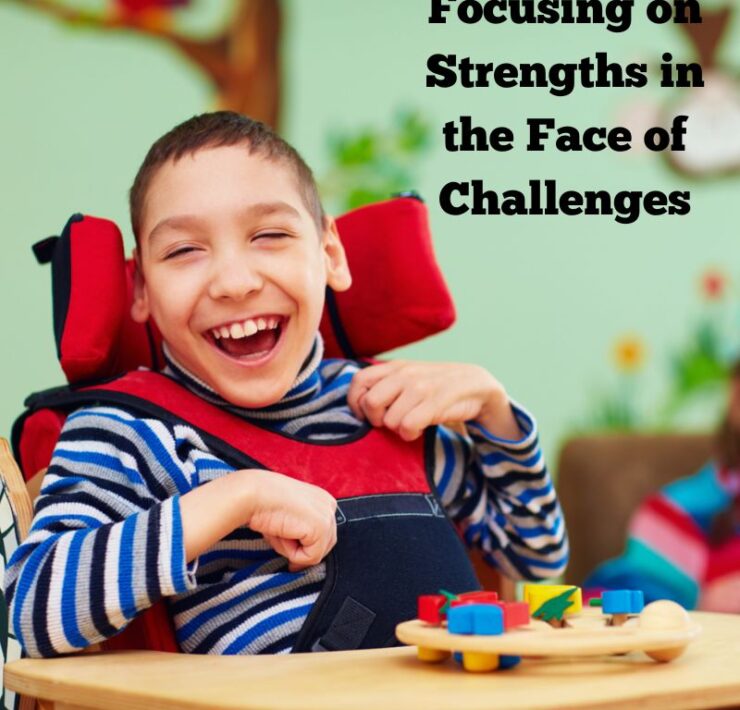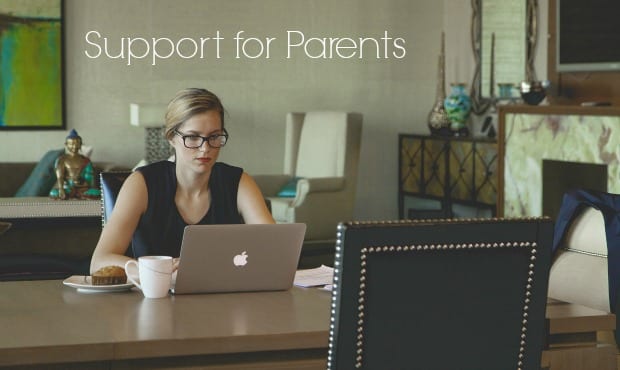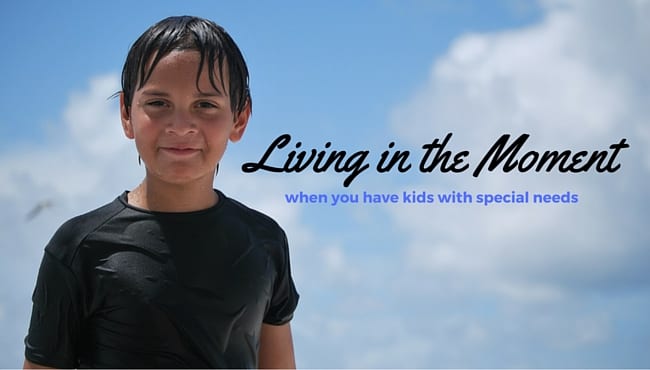How to Deal with Those ‘Helpful’ (and Unhelpful) Parenting Comments

As a parent of a child on the spectrum, I cannot pretend that my experience is what all parents with a special needs child have. As a parent of child with special needs, though, one of my goals in life is to support other parents in any way I can. Other people, though, may not be so helpful and unsolicited parenting advice can run rampant. Sometimes it’s a stranger in Target making a comment about why you don’t discipline your child in a certain way. Perhaps it’s a relative questioning why you don’t do something a certain way or why you’re so worried about something that is probably a phase. Always, regardless of the origin of the moment, it can be infuriating, disheartening, and stressful, another something to deal with in a day when you already have a number of somethings on your plate.
How do you diffuse those situations? What is the best way to handle the comments that might make your blood boil and often show how others cannot (or maybe will not) understand what parenting your child looks like? Perhaps this month’s column can help get you thinking about what to do in those moments when you kind of feel like this:
“S/he Looks So Normal”
Ugh, I’ve heard that one before, especially when my son seems to be acting more like his peers. People don’t see his hesitation about how to react to other children or the delayed language he’s using. What is normal, though? All children are different and all children have challenges; their challenges aren’t the same, though. When I hear that from people, I’ll break out that statement about challenges and try to move on from the comment. Usually that reminder seems to diffuse the situation.
“It’s Just a Phase; S/He’ll Grow Out Of It”
In my work with other families with children with special needs, I’ve heard them report this line coming from pediatricians, family members, and more. Such comments can be detrimental to parents teetering between acting on their instincts and feeling like they’re overreacting. My pediatrician was more proactive than some so she encouraged us to seek out Early Intervention, but, if your parental spidey-sense is tingling and others are doubtful, act on it anyway. If someone says it’s just a phase, remind them that better safe than sorry, right? If someone was having difficulties breathing, you wouldn’t ignore it because it might be temporary; you would do something about it. Same with a developmental issue; if a child isn’t walking or talking by a certain age, acting on it sooner than later is always a good idea, just in case.
“Have You Tried X? So-and-So Has a Child with X and It Works for Them”
When you have a child with special needs, whether it’s a physical or developmental issue or a learning disability, typing it into any search engine will bring up not just information about that issue but also therapies for it. With autism, I’ve heard of everything from special diets to types of communication devices to behavior therapies. The number of therapies and such that have worked for others is overwhelming for any parent, but it’s especially so when dealing with a random conversation at the grocery store. I’ve had people ask me about trying a particular diet or treatment for my son and then insist that it helped this person they know and maybe it will help my son too. I’m dubious about most suggestions because each child responds to a particular diet or therapy in a different way, but I try to take them with a grain of salt.
People tend to be problem solvers by nature, especially when confronted with something they aren’t familiar with, but nevertheless seems like it has a solution. Sometimes the comment is simply someone trying to help; on other occasions, it might seem accusatory, like ‘why haven’t you tried helping your child more yet?’ I try to limit my responses to simple statements like ‘we try whatever seems appropriate to his specific delays’ and say no more. The goal is to remind people that he’s an individual and we have to do what’s best for him, not what’s best for the random stranger making suggestions in the checkout line at the grocery store.
“I’m Sorry”
This is a tough one. For the average person who may not ever have to deal with parenting a child with special needs, it seems like the right thing to say. People simply don’t know what to say – and it’s not like our culture teaches us how to address it – so they say something that they think might be appropriate. I’m sorry too, mostly that he has to live in a world that struggles to accept him on the best days and openly excludes him on others. I’m not sorry for me; my son is alive, healthy, and progressing, even if that progress doesn’t look like his peers’.
When someone tells me they’re sorry, if it’s related to the death of a friend or family member, I’ll say ‘thank you’ and move on. If it’s related to my kid, you’ll hear me say that I’m not sorry, that this is who he is and it’s my job as his mother to make sure he has what he needs to make a life for himself, however he wants it to look. Just as any other parent would want and do for their children, regardless of their challenges.
These are but a few of the comments I imagine parents have heard over the years. Your child and your challenges don’t look like mine and vice versa, but the experience of encountering people who mean well or lack empathy is one we all share, I’m sure. I try to take those encounters with others one at a time, a chance to educate maybe and to show my children how to treat people, even those that are causing you stress. Those moments are tough, though, but maybe this month’s column can help you with getting through them in a positive way.
You Might Also Like…
Jennifer Kelly grew up in the Birmingham area, but migrated to Huntsville for graduate school and put down roots after meeting her husband, Jamie. In addition to being a mom to her two boys, she is a tennis ninja, trivia nerd, freelance editor, and aspiring writer. You can visit her at The Sir Barton Project, a blog about her upcoming book.











